

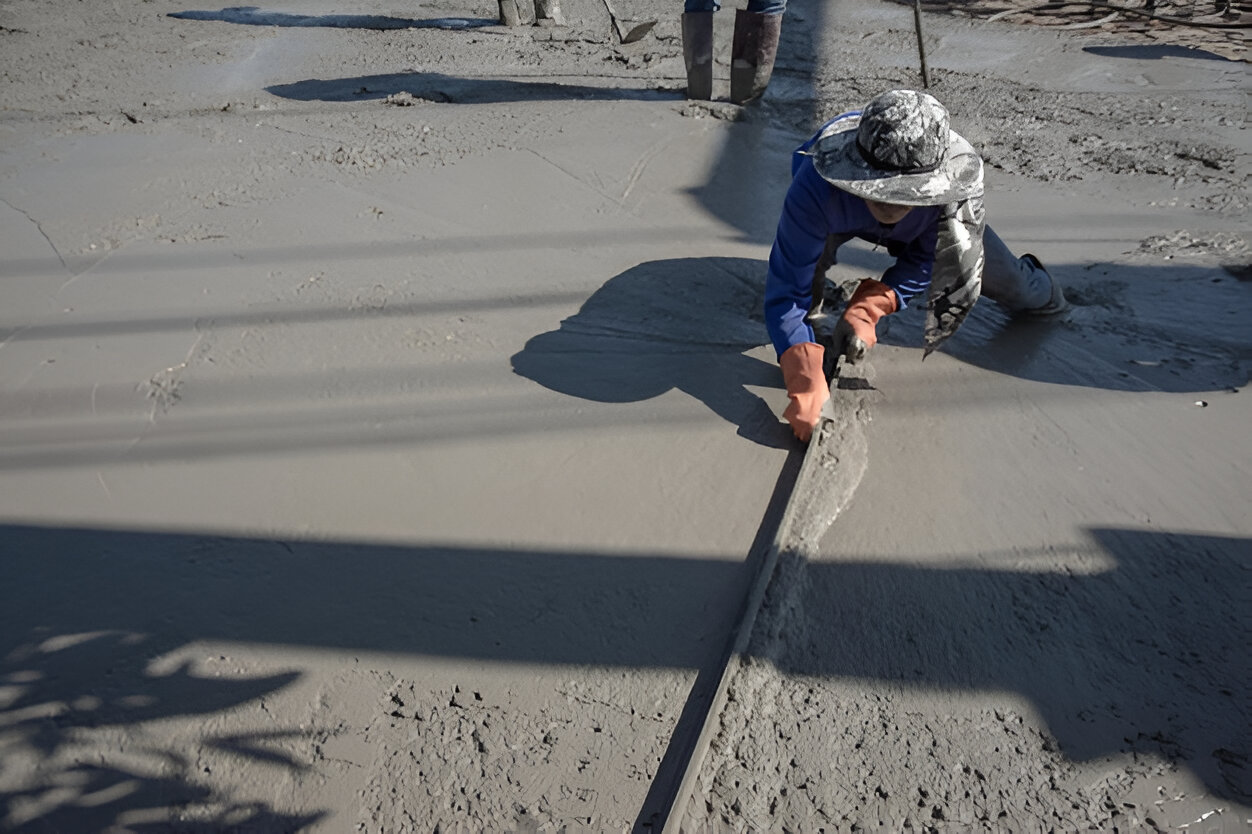
Choosing the right concrete slab for your home or business is more than just a matter of strength. It affects durability, functionality, and long-term performance.
Are you planning a new home foundation, a commercial floor, or an outdoor patio? Selecting the wrong type can lead to cracks, costly repairs, and structural issues. Understanding concrete types, thickness, and reinforcement options will help you make the best decision.
With the right approach, you can ensure your concrete slab meets your needs and stands the test of time.
When choosing the right concrete slab, it’s essential to consider its purpose. Residential and commercial slabs have different requirements based on usage and load. A standard slab-on-grade is often sufficient for homes, providing a stable foundation for most structures.
However, higher load-bearing capacity is necessary for commercial properties or buildings subject to heavy machinery. In these cases, reinforced concrete or suspended slabs may be more appropriate.
Understanding the purpose of the slab ensures that you select the right type for durability and safety, providing long-term stability for your property.
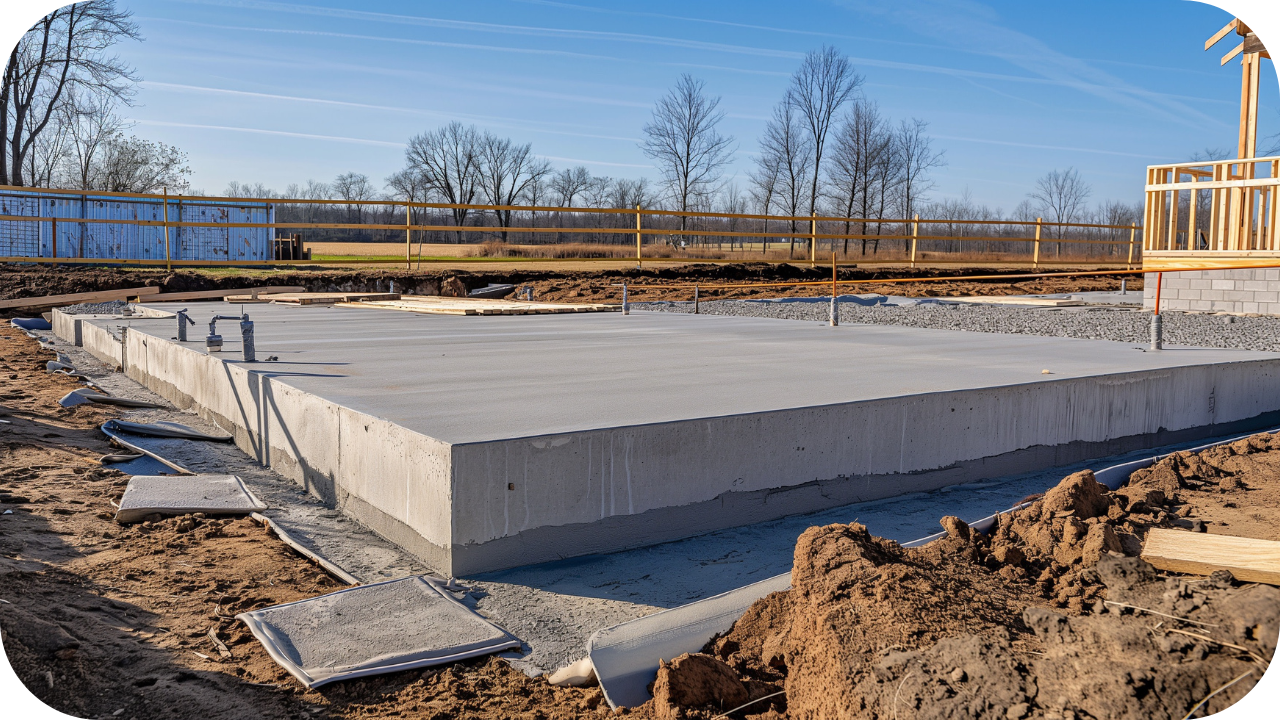
Choosing the best concrete slab type for your property depends on several factors, including the land's condition, the building's requirements, and local climate.
Slab-on-grade is the most common for residential projects, as it’s cost-effective and ideal for stable, flat soil. For properties with uneven terrain, suspended slabs provide a stable foundation by elevating the structure above the ground.
Tilt-up concrete slabs are commonly used for large commercial buildings due to their durability and quick installation. Each slab type offers specific advantages tailored to different property needs, ensuring long-term structural integrity.
Before choosing your concrete slab, it’s crucial to assess the soil conditions on your property. Soil type directly affects the stability and durability of your slab. For example, clay-rich soils can expand and contract with moisture changes, potentially cracking your slab.
Sandy soils, while stable, may require additional reinforcement to prevent shifting. Conducting a soil test is essential to determine the correct slab type. Professional geotechnical testing can identify moisture content, compaction levels, and load-bearing capacity, helping you make the right choice.
Ignoring soil conditions can lead to costly repairs and premature slab failure. For challenging soil conditions, opt for reinforced slabs or suspended options to ensure stability.
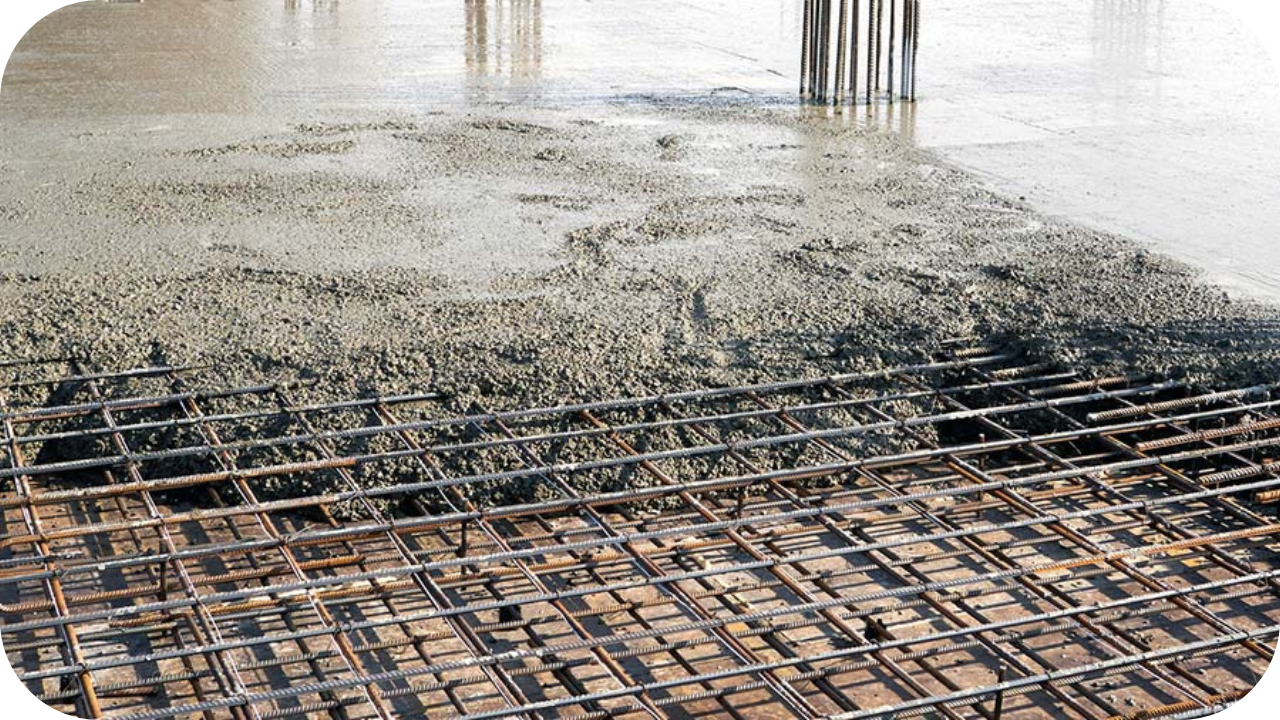
Concrete slab thickness and reinforcement are critical factors in ensuring the strength and durability of your slab. The thickness of the slab depends on the intended use and load requirements; typically, residential slabs are 100mm thick, while commercial slabs may require 150mm or more.
Reinforcement plays a key role in preventing cracking and enhancing structural integrity. Steel reinforcement bars (rebars) or steel mesh are commonly used to provide strength and flexibility. For areas with heavy traffic or machinery, additional reinforcement may be required.
Concrete may expand and contract in hot and dry climates, leading to potential cracking. Slabs in these regions may require additional reinforcement or surface treatments to manage temperature fluctuations.
In cold climates, freeze-thaw cycles can cause water trapped within the slab to expand, potentially damaging the surface.
Moisture resistance becomes crucial in areas with high rainfall or humidity, as slabs are prone to water damage without proper sealing or drainage.
Climate-specific adjustments, such as using specific mix designs or coatings, can ensure that your concrete slab withstands environmental stress, prolonging its lifespan.
Balancing cost with long-term durability is important when budgeting for your concrete slab. While cheaper options may seem appealing, they may not offer the same level of strength or longevity, leading to higher maintenance costs later. For instance, opting for a reinforced slab may have a higher upfront cost but will provide better durability, especially in high-traffic or high-load areas.
Consider factors such as slab thickness, reinforcement, and soil conditions, which can impact the overall price. It’s crucial to invest in quality materials and professional installation to avoid costly repairs in the future.
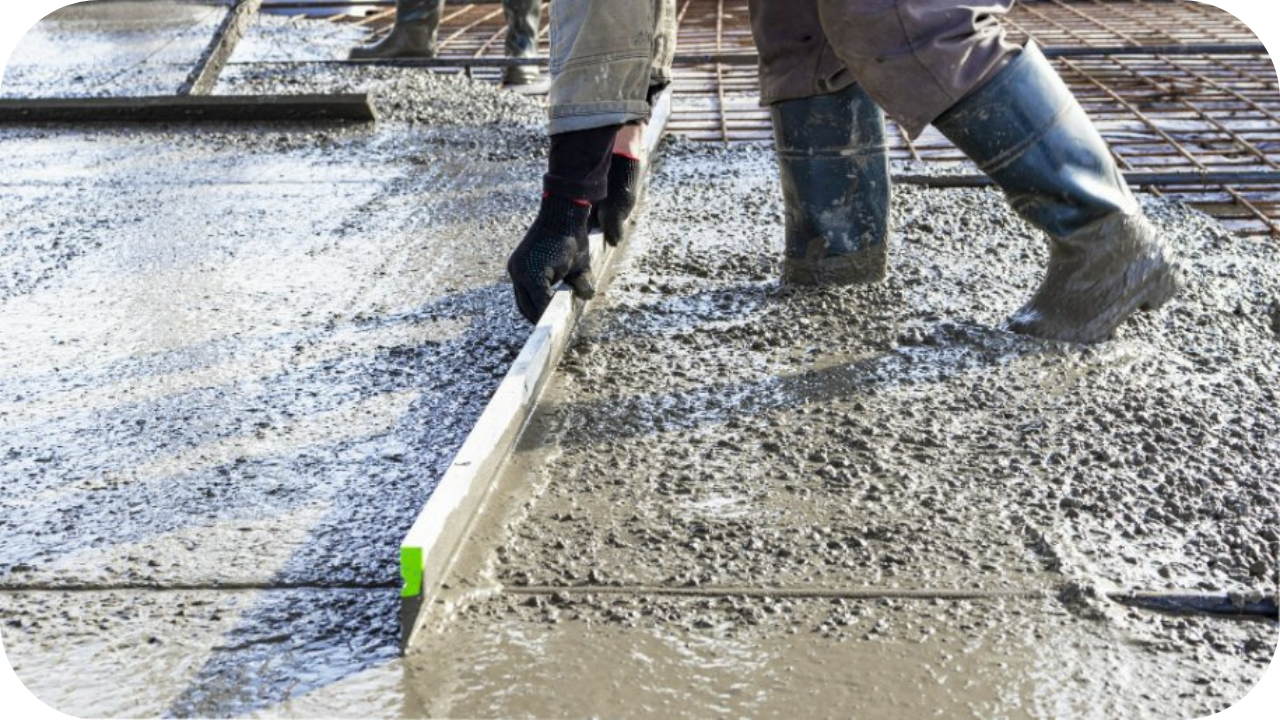
Hiring a professional contractor is crucial when selecting and installing a concrete slab. Experienced contractors bring valuable expertise, ensuring the slab is tailored to your needs, from soil assessment to reinforcement requirements.
They can help you choose the right type of slab based on your property’s conditions, ensuring structural integrity and durability.
Professionals also ensure the concrete is mixed and poured correctly, avoiding common issues like cracking or shifting. Licensed contractors have the necessary skills and equipment to handle the job efficiently, reducing the risk of errors that could lead to costly repairs.
When laying the foundation of your home or business, Urban Pour is the trusted choice for expert concrete slab installation. Here's why we stand out:
Choosing the right concrete slab is essential for your property's long-term durability and stability. You can make an informed decision by considering soil conditions, climate, and load requirements.
Contact Urban Pour today for expert guidance and top-quality concrete slab installation, ensuring a solid foundation that stands the test of time.

Safe concrete pours begin with strong, well-designed formwork. This article breaks down essential formwork rules that keep structures stable and reduce the risk of failures.
See more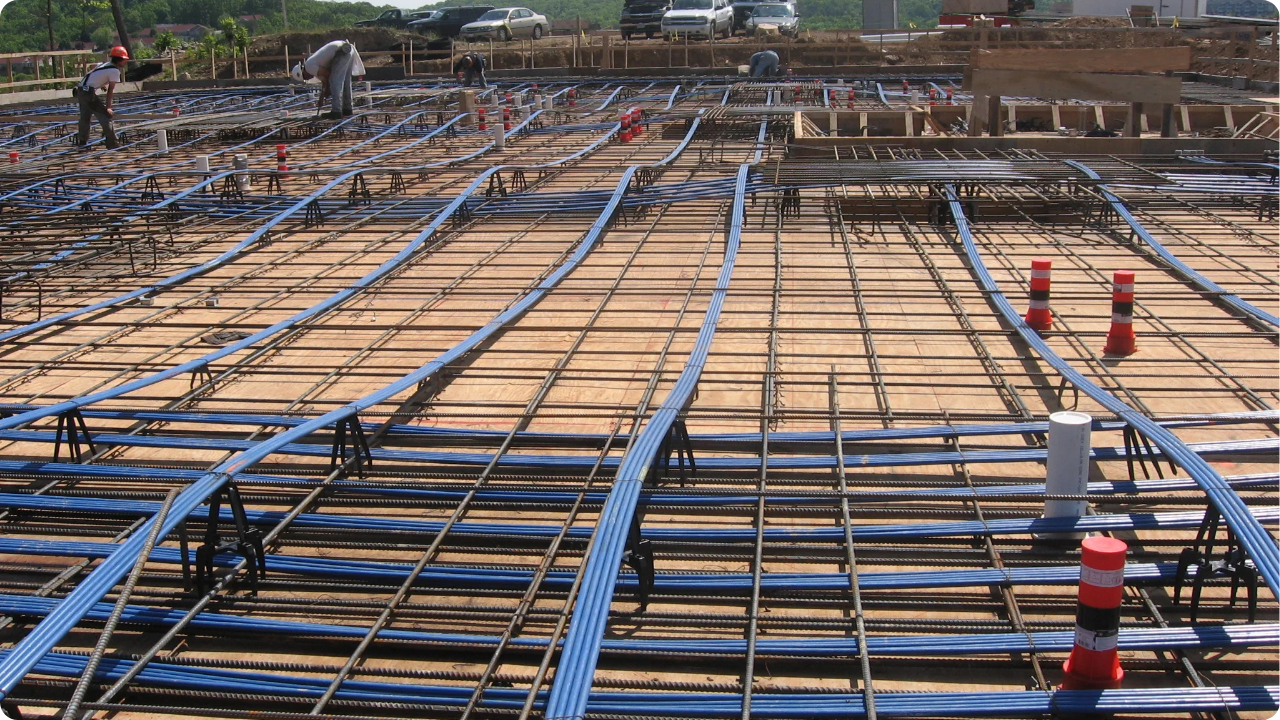
Poor post-tensioning can lead to cracking, deflection, and long-term structural issues. This article outlines common mistakes and shows how to avoid them for safer concrete performance.
See more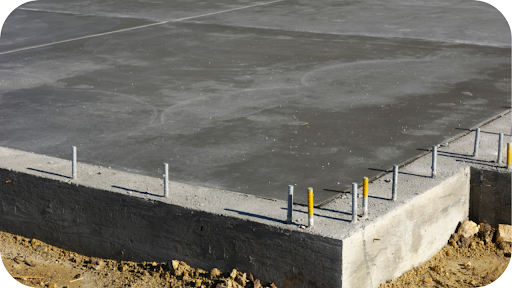
Choosing the right concrete slab thickness protects your project from cracks, movement, and costly repairs. Understand key factors like soil, loads, and engineering to build with confidence.
See more